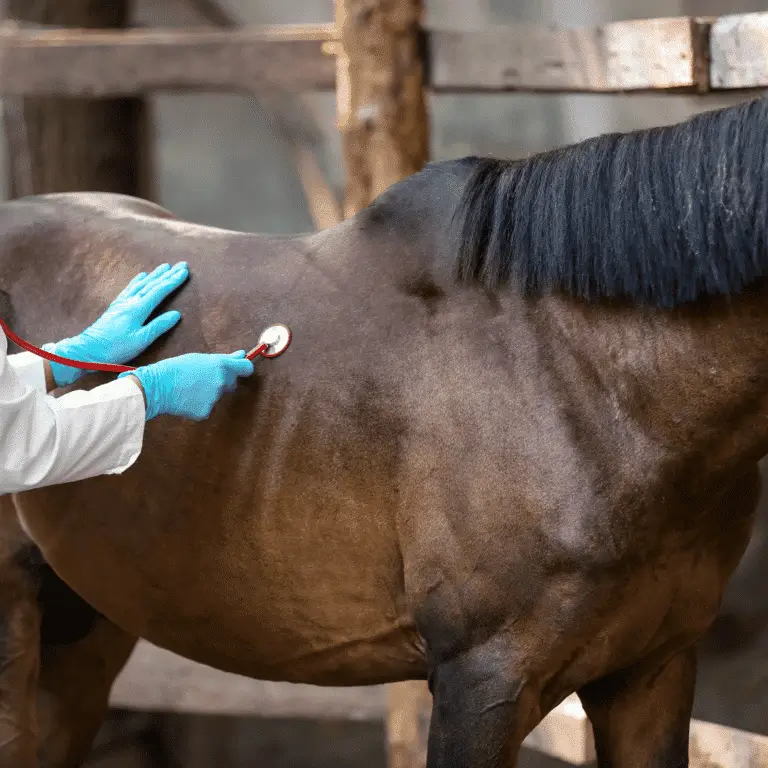
Heart Valve Dysplasia
Heart Valve Dysplasia in Horses Seek veterinary advice if you suspect this disease. Heart valve dysplasia is a congenital heart
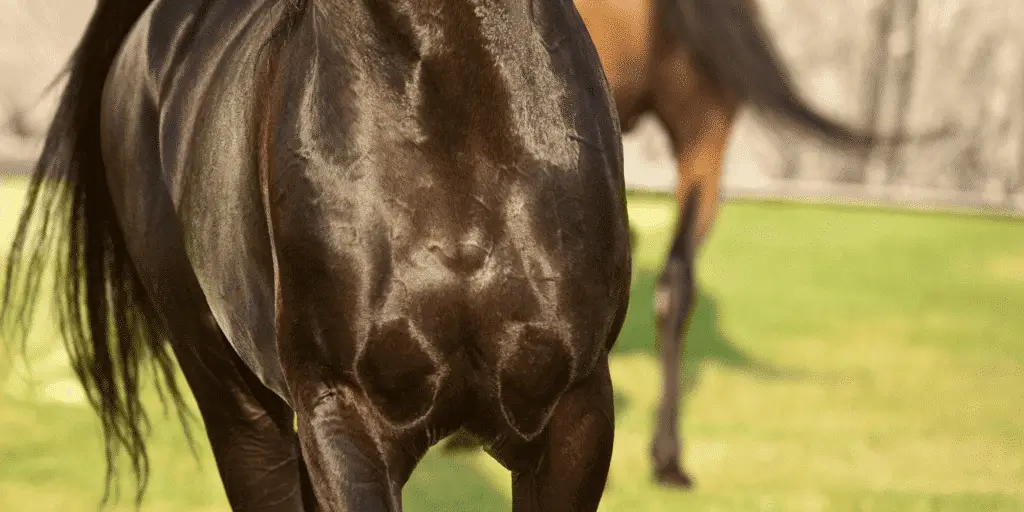
This disease is life-threatening and should be treated by a veterinarian swiftly.
Aortic root disease in horses refers to structural abnormalities or conditions affecting the aortic root, a vital component of the cardiovascular system. This condition can encompass a range of issues such as aortic valve insufficiency, dilation of the aortic root, or aortic rupture. Prompt veterinary attention and management are essential for diagnosing and treating aortic root disease to prevent sudden death.
Treatment for aortic root disease in horses typically involves medical management to alleviate symptoms and prevent further complications. This may include medications to manage heart function and reduce the risk of fluid accumulation in the lungs or limbs.
In cases of severe aortic insufficiency or rupture, surgical intervention such as valve replacement or repair may be considered. Additionally, dietary modifications and exercise restrictions may be recommended to reduce the workload on the heart and manage symptoms effectively.
Regular veterinary monitoring is essential to assess the horse’s response to treatment and adjust management strategies as needed.
Preventing aortic root disease in horses involves maintaining optimal cardiovascular health through proper management and care.
Regular veterinary examinations can help detect early signs of cardiovascular abnormalities, allowing for timely intervention. Implementing a balanced diet and appropriate exercise regimen supports overall cardiovascular fitness and reduces the risk of heart-related issues.
Minimising stress and avoiding overexertion during training or competition can also contribute to cardiovascular well-being.
Lastly, providing a safe and healthy environment, free from potential hazards that could lead to traumatic injuries, can help prevent aortic root disease in horses.
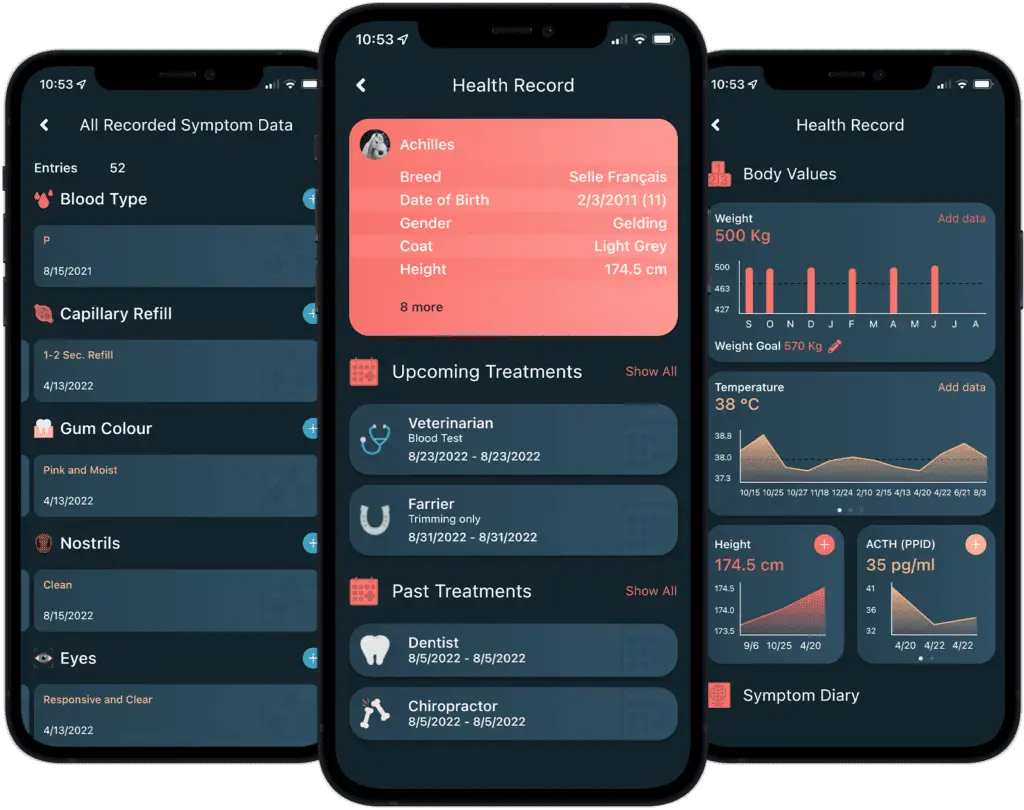
Digital health management offers numerous benefits in modern equine healthcare.
With the Happie Horse App, you can track symptom patterns and body values, such as Temperature, Pulse and Respiration. Allowing you to notice abnormal changes in body and behaviour early on, leading to more successful treatments.
The Happie symptom checker allows you to add all of your horse’s abnormal symptoms in order to present potential causes and diseases.

Heart Valve Dysplasia in Horses Seek veterinary advice if you suspect this disease. Heart valve dysplasia is a congenital heart
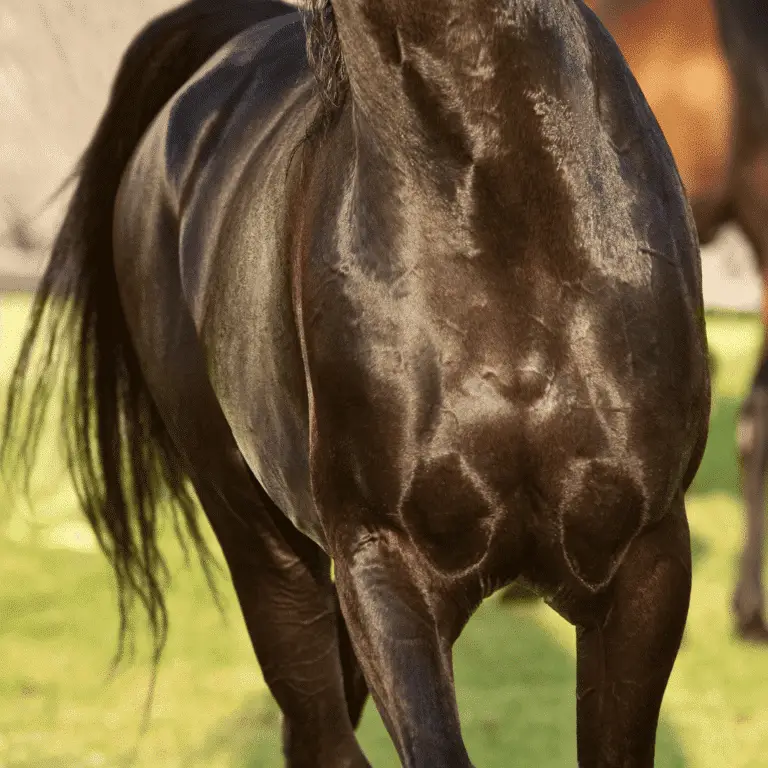
Aortic Root Disease in Horses This disease is life-threatening and should be treated by a veterinarian swiftly. Aortic root disease
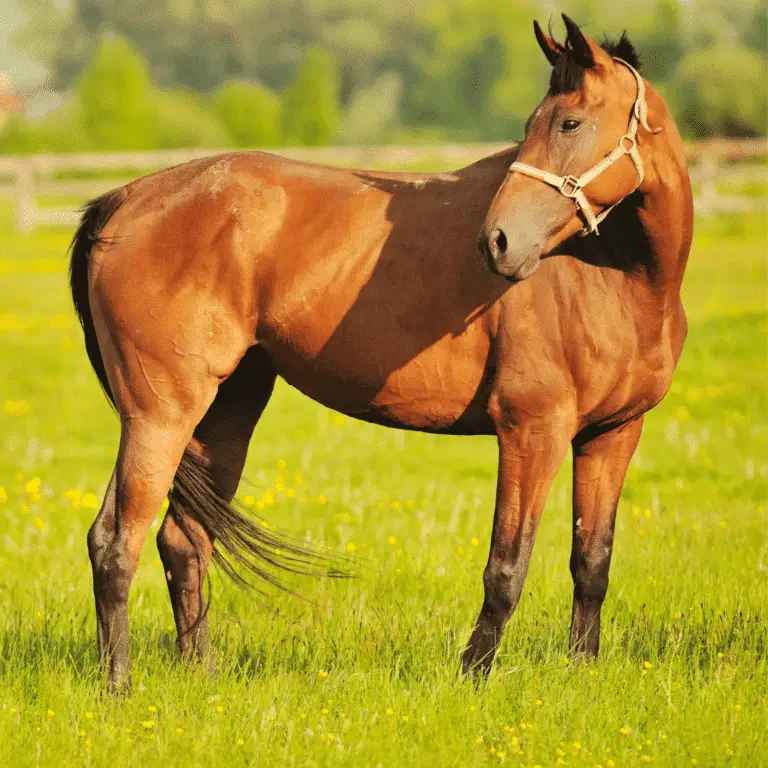
Tetralogy of Fallot (TOF) This disease is life-threatening and should be treated by a veterinarian swiftly. Tetralogy of Fallot (TOF)